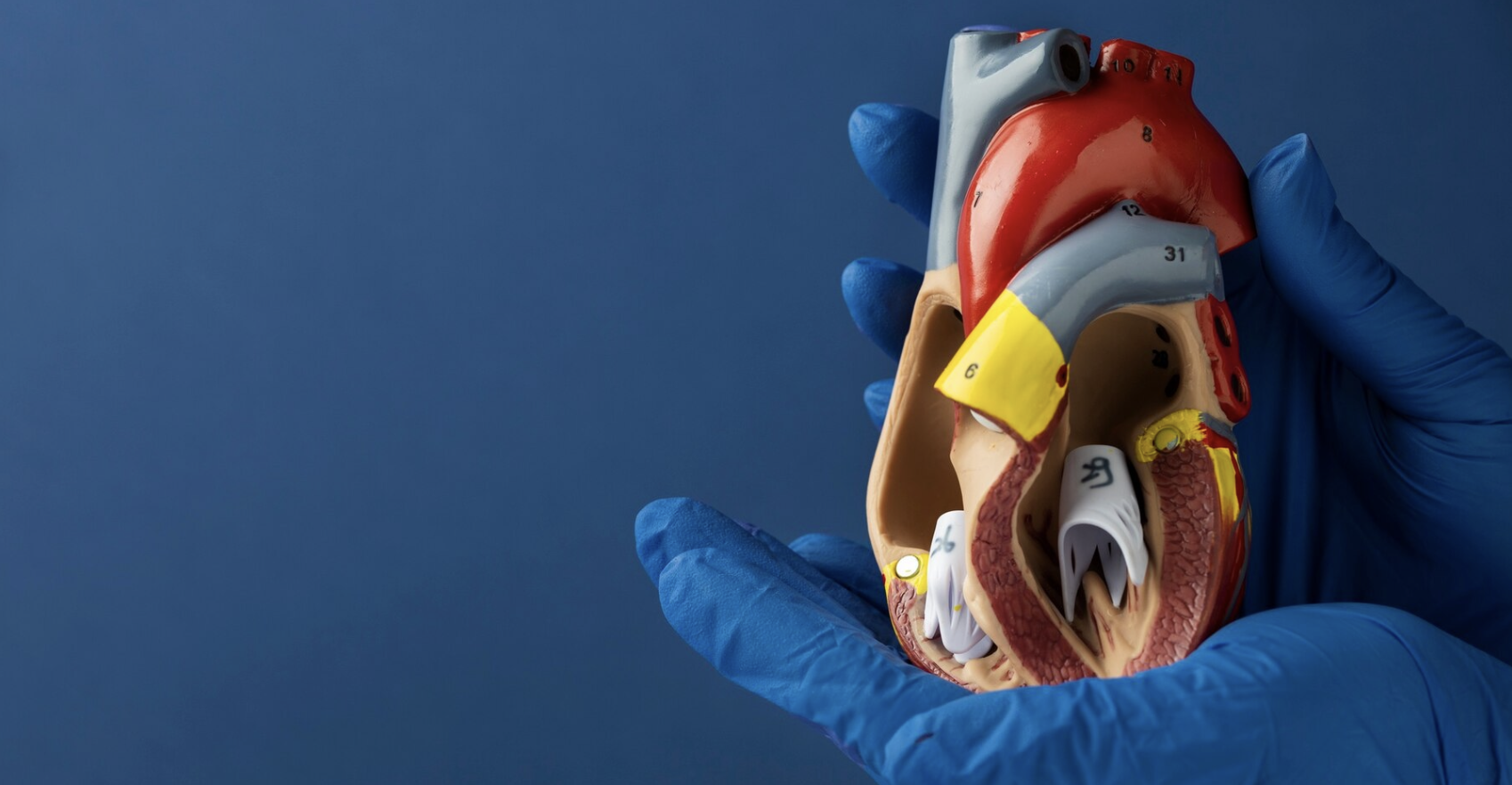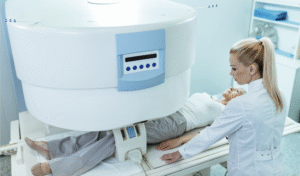Unique Ozaki Method for Aortic Valve Replacement
Lyudmila, 65 years old, faced a serious illness – aortic valve defect. This meant that even minimal physical activity, such as climbing to the 4th floor, walking with grandchildren or going shopping, caused shortness of breath and irregular heartbeat.
What treatments exist?
 For such patients, standard medicine offers two options:
For such patients, standard medicine offers two options:
- Biological prosthesis. However, it has a limited service life and requires repeated operations after 10-15 years.
- Mechanical prosthesis. Durable, but requires lifelong blood thinning medication, which entails a number of limitations, especially for women of childbearing age.
These shortcomings have spurred the development of a new approach, the Ozaki method, named after its creator, Japanese surgeon Shigeyuki Ozaki.
What is the Ozaki method?
The Ozaki method is an innovative aortic valve replacement procedure developed by Japanese cardiac surgeon Shigeyuki Ozaki, based on replacing the diseased aortic valve using the patient’s own pericardial tissue (the outer lining of the heart). This eliminates the need to use artificial materials and makes the restoration as natural as possible. In other words, the essence of the method is to use the patient’s own pericardium to create new aortic valve cusps, which ensures high biocompatibility and eliminates the need for lifelong anticoagulants. Advantages of the Ozaki method:
- No need for anticoagulants. The patient no longer needs to take blood thinners.
- No repeat surgeries. A valve made from the patient’s own tissue lasts much longer, which is especially important for children and young patients.
- An ideal solution for women. The method is suitable for young mothers who are contraindicated in taking anticoagulants during pregnancy.
- Suitable for an active lifestyle. The load on the heart is reduced even during intense physical activity activity.
- There is no risk of developing heart failure. The method eliminates the need for a pacemaker, since it prevents heart rhythm disturbances.
Technical features of the Ozaki operation
The procedure consists of several key stages that ensure successful replacement of the aortic valve: 1. Preparation of the pericardium. The patient’s heart membrane (pericardium) is used as a basis for new valve cusps. A small piece of tissue measuring about 7×8 cm is removed. This flap is thoroughly cleaned and placed in a special solution that strengthens the structure while maintaining its elasticity. 2. Formation of cusps. Based on the anatomical parameters of the patient, new cusps are cut out of the treated pericardium. They perfectly match the individual characteristics of the body, which ensures their long-term functionality. 3. Implantation. The finished cusps are carefully fixed on the patient’s preserved valve ring. This allows for full restoration of the aortic valve and maintenance of normal blood flow.
Recovery and prognosis
After the operation, patients undergo a standard rehabilitation period. Initially, inpatient observation is required, where doctors monitor the condition and monitor the restoration of heart function. This is followed by outpatient rehabilitation with a gradual increase in physical activity. The use of the patient’s own tissues significantly reduces the likelihood of complications, including the risk of rejection. The new valve demonstrates high efficiency, providing the patient with a full life without the need for lifelong blood thinning drugs.
Why is the Ozaki method a revolution in cardiac surgery?
The Ozaki operation is considered a modern and safe solution for replacing the aortic valve. This approach offers patients not only physical health, but also psychological comfort, since there is no need for repeated surgeries and long-term drug treatment. Thanks to its effectiveness, the Ozaki method gives patients the opportunity to lead an active lifestyle without the restrictions imposed by traditional treatment methods.
Who performs the Ozaki method surgery?
 Professor Cem Alhan is a leading cardiac surgeon in Istanbul with many years of experience in performing such operations. His professionalism allows him to restore health and activity to patients, freeing them from the limitations caused by aortic valve defects.
Professor Cem Alhan is a leading cardiac surgeon in Istanbul with many years of experience in performing such operations. His professionalism allows him to restore health and activity to patients, freeing them from the limitations caused by aortic valve defects.
How to get a consultation?
You can sign up for a free online consultation with Professor Alhan by leaving a request on our website. We will help you organize a meeting and choose a convenient time. Take care of your heart – you only have one!








